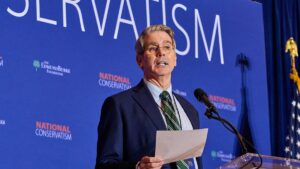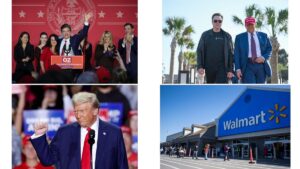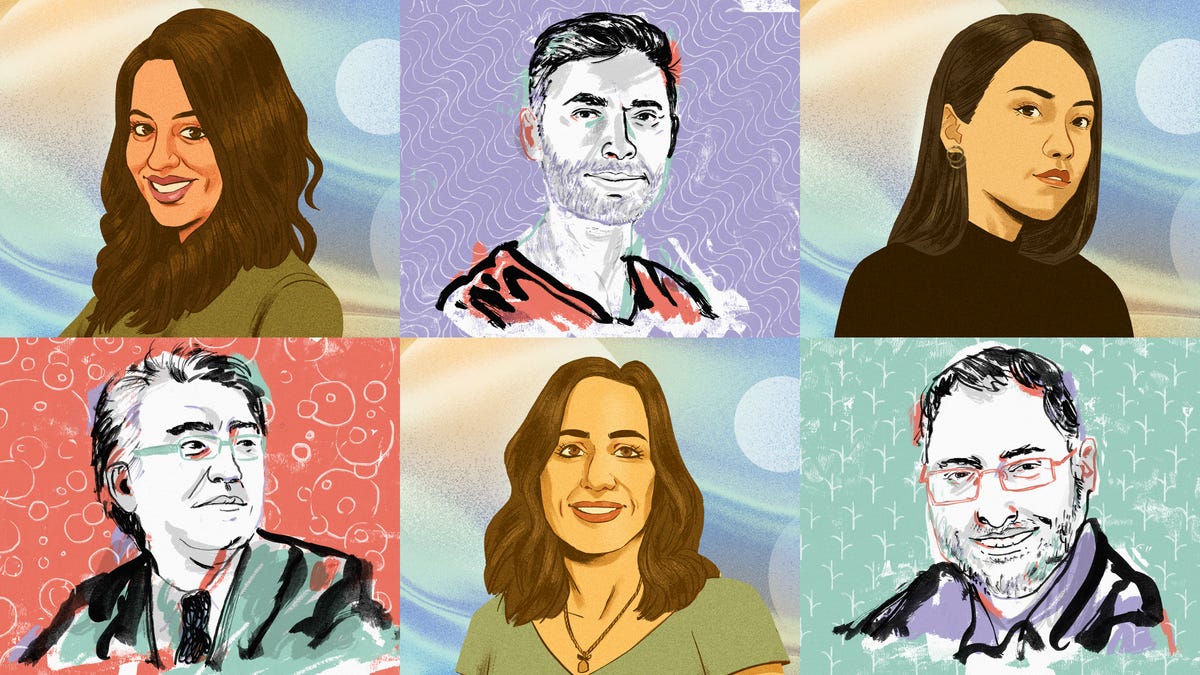
Hello, Quartz at Work readers!
This week Quartz released a year-end list about innovation—told via twenty global business leaders that pushed bold technologies and industry-shifting ideas forward in 2023.
They’ve imagined better ways of doing business across a sweep of industries, from climate tech to health research, consumer design to food production, and space exploration to artificial intelligence. A few of their ideas, too, have crossed into the workplace.
Today in The Memo, we’re taking a look at some of the innovators transforming the ways we work. You can also find the full list on Quartz.
This is the last edition of The Memo in 2023. Thank you for being a Quartz reader this year—we’re wishing you a restful holiday season and new year. We’ll see you in January! —Gabriela Riccardi, deputy editor
ONE INNOVATOR REINVENTS THE WORK UNIFORM
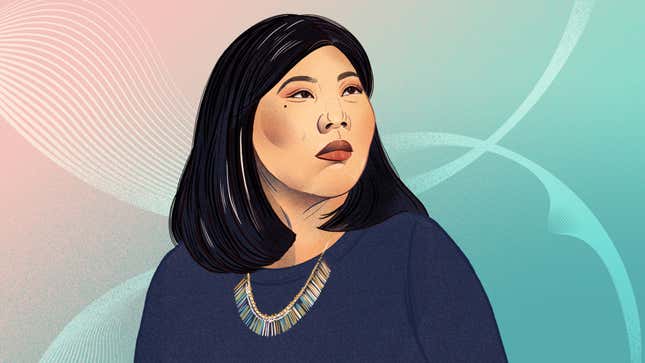
🥼 An entrepreneur ups the workplace wardrobe. When she suffered a chemical burn on the job, Beau Wangtrakuldee was motivated to make better workwear—by designing standards she couldn’t find on the market. Today her apparel brand, AmorSui, is pioneering protective personal equipment (PPE) that’s not just technically sophisticated, but sustainable, too.
Now medical staffers, lab technicians, and researchers like her can wash and rewear their protective equipment like any other working wardrobe; an app tracks when the garment’s effectiveness is up and should be recycled.
“I want us to be a one-stop shop for reusable medical supplies,” she tells Quartz. That includes, of course, a better work uniform.
ONE INNOVATOR RALLIES CANCER SUPPORT

🏢 An ad exec lifts the weight of working with cancer. For Arthur Sadoun, a medical diagnosis radically shifted his relationship with the workplace. It was cancer.
“Cancer is such a particular thing—it is so emotionally charged,” he told Quartz earlier this year. “It has such an impact on your life that you lose confidence. I’m the CEO of a 100,000-person company [and] I lost confidence, too.”
Sadoun, who is head of French advertising juggernaut Publicis Groupe, was compelled to build corporate support for employees. This year the Publicis Foundation announced the Working With Cancer campaign, which asks companies to pledge policies and programs to help employees with cancer; to date, more than 1,300 employers representing more than 35 million workers have signed on.
ONE INNOVATOR RELIEVES WORKING PARENTHOOD
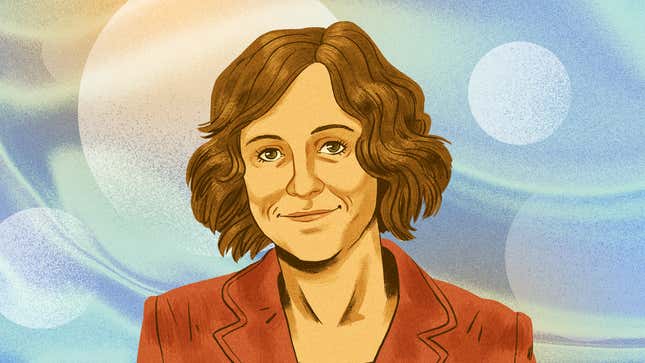
🐣 A cell biologist engineers relief for working parents. Breast milk has long been considered the highest standard for infant nutrition, linked to a myriad of benefits for both babies and nursing parents. But in the US and beyond, a lack of structural support—including too-brief parental leaves from work, or jobs that offer little to no family leave at all—makes breastfeeding difficult or unfeasible for many parents.
Enter Leila Strickland, who for fifteen years has been endeavoring to make the benefits of breast milk accessible to all parents—by growing it in a lab.
At her company Biomilq, Strickland has engineered mammary cells that produce some of the benefits found in human milk. “We’re focused on developing certain key nutrients found in breast milk,” she tells Quartz.
FIVE THINGS WE LEARNED TO CLOSE OUT THE YEAR
Return-to-office is returning revenues to fashion suppliers. Rent the Runway says profits are trickling in as customers use the service to get dressed for work again.
Lying to the board can cost a CEO big bucks. That’s the case for BP’s ex-chief, who’s paying up $40 million after misleading the board about his relationships with colleagues.
Older workers are contributing more to the economy than ever. In the US, people over 65 will account for nearly two-thirds of workforce growth over the next decade.
Dollar General realized self-checkout can’t run its stores. And it’s spending $150 million to hire more humans to manage its locations.
Dropping noncompete agreements could also drop wealth inequality. And banning noncompetes could raise US workers’ earnings up to 14%.
PARTING WORDS FROM THE QUARTZ OBSESSION
Will GPTs change the way we think about AI? Could seaweed fashion be coming to a department store near you? How did streaming change the career of Queen of Christmas Mariah Carey—and an entire industry, too?
Find the answers in the new season of the Quartz Obsession podcast, where we’ll cover a lineup of innovations changing the way we live and work.
🎧 Listen wherever you get your podcasts: Apple Podcasts | Spotify | Google | Stitcher | YouTube
QUARTZ AT WORK’S TOP STORIES
🏢 Apprenticeships are headed off the shop floor and into the office
📈 Next year’s labor market could look a lot like 2019
🤝 Software developers are bringing handshakes to video meetings
📄 Noncompete agreements don’t just hurt the workers who sign them
🤖 All the AI assistants and me
YOU GOT THE MEMO
Send questions, comments, and where you’re drawing the line with AI to talk@qz.com. Thanks for being a reader this year! We’re grateful to have you. This edition of The Memo was written by Gabriela Riccardi.




